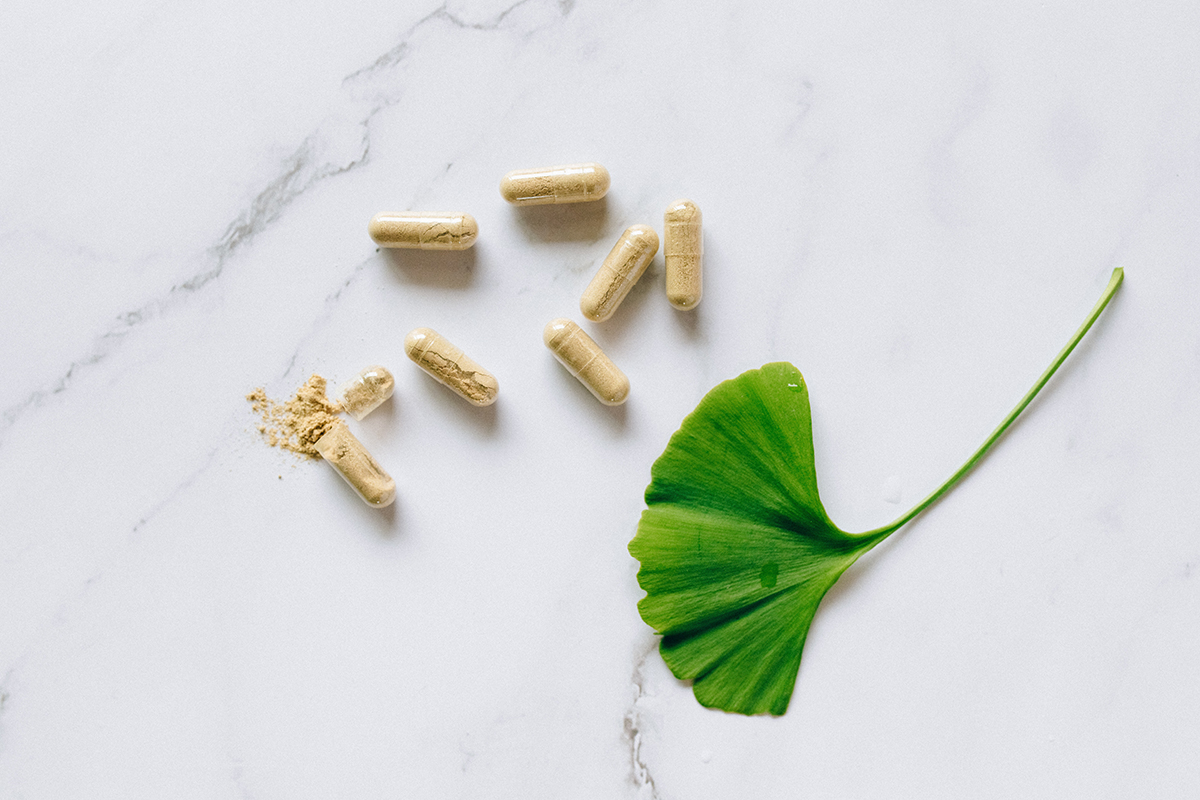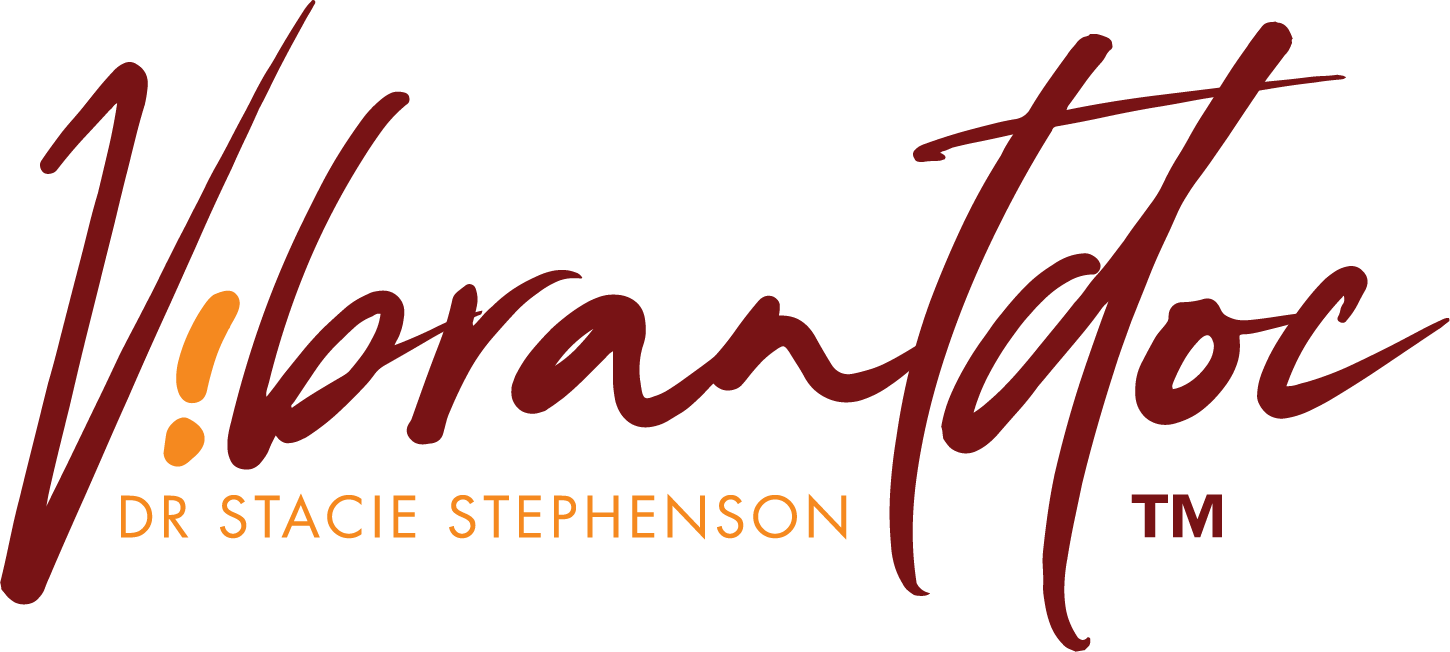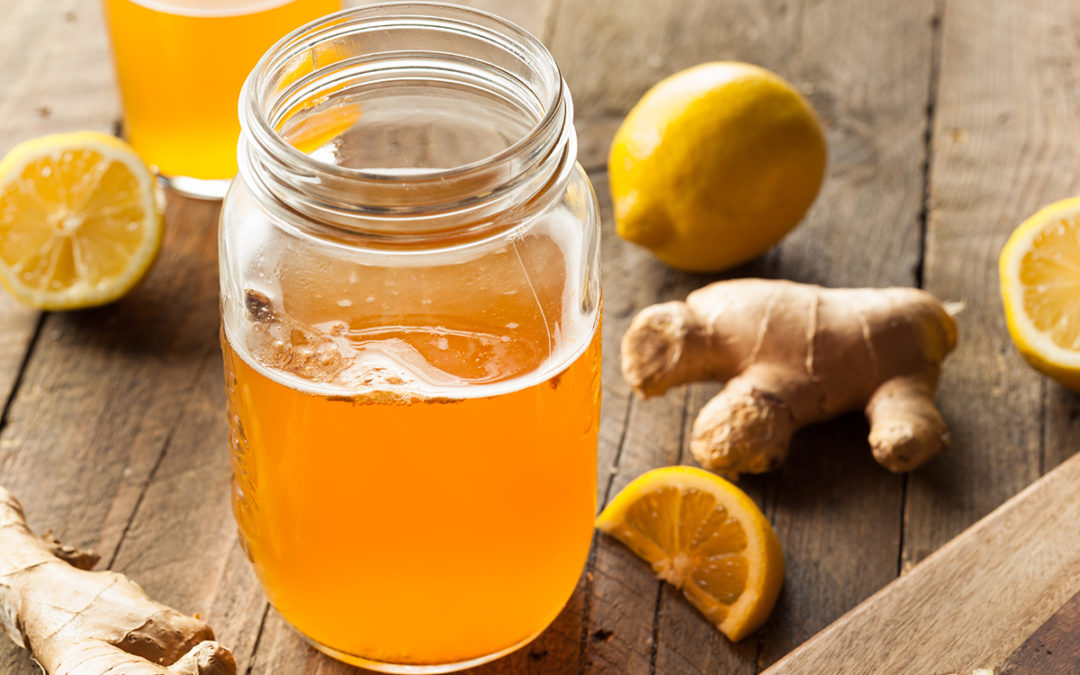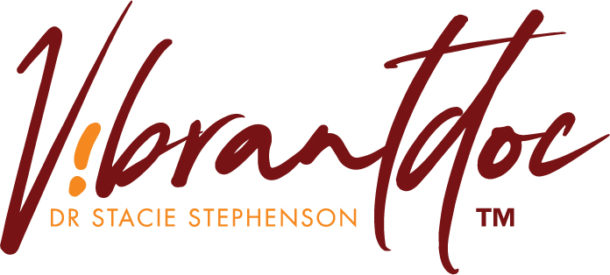You may not think of your digestion as having that much to do with aging, but in fact, your microbiome—that collection of bacteria, fungi, and even viruses in your gut—has a significant effect on how well you age.
We live symbiotically with the friendly flora we carry around in our GI tracts. In exchange for room and board, they help modulate our immune systems, are instrumental in the production and processing of serotonin so we can feel good, help our digestion run smoothly, and influence hormone balance.
The problem is that a poor diet, stress, and other factors (like environmental toxins, antibiotic use, even whether you were a C-section baby or not) can also give less friendly microbes an edge. When the more pathogenic microbes overgrow, you can experience dysbiosis, or an imbalanced microbiome that can lead to everything from minor digestive complaints to serious infections, suppressed or overactive immunity, mood issues, and even chronic disease.
When it comes to anti-aging, research has demonstrated that microbiome diversity (a lot of different kinds of friendly microbes) is associated with better aging. A healthy microbiome positively influencing immune activity in ways that can help you avoid the chronic diseases of aging, as well as contributing to healthy cognition (i.e., a sharper brain as you age). It can also keep your digestion on track and possibly extend your lifespan.

Fortunately, you can influence your microbiome with every meal, and one effective way to do that is with probiotics. You can take probiotic supplements (in fact, I recommend it), but another way to skew the odds in favor of your friendlier flora is to include probiotic-rich foods in your diet. These foods (and probiotic supplements) contain friendly flora, which pass through your GI tract and give their fellow microbes a boost—it’s like sending in more troops to help your good microbes win the battle and keep the ‘bad guys’ down.
So how do you do it? First, consider taking that probiotic supplement I mentioned. I like to rotate mine for maximum diversity of species, but research has shown one powerfully beneficial type of lactic acid bacteria. Most probiotic supplements contain at least one species of Lactobacillus, but look for that on the label. Beyond that, however, I recommend eating probiotic-containing foods once per day. That could be a yogurt with berries in the morning, some kimchi on your salad at lunch, or some tempeh in a stir-fry for dinner. Or, use your imagination—here are some of the best probiotic-rich foods (and drinks) to try:
- Kefir
- Tempeh
- Kimchi
- Kombucha
- Miso
- Sauerkraut
- Yogurt (unsweetened)
The better your microbiome balance, the better you will feel…so bring on the bacteria!


